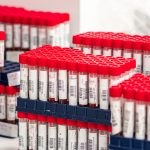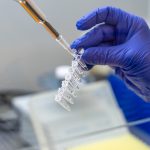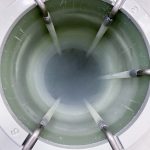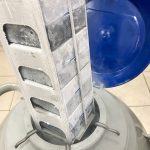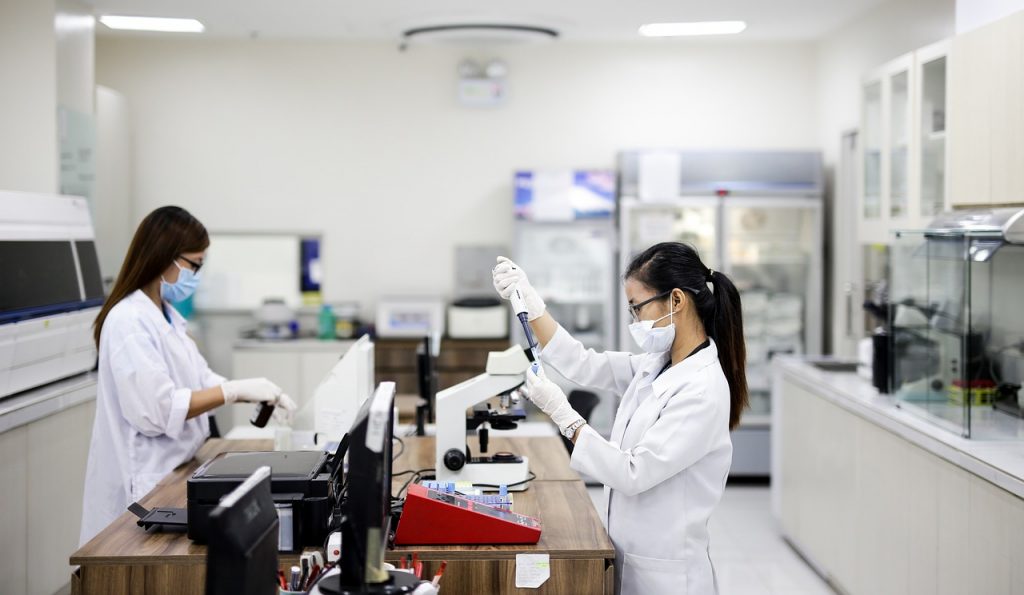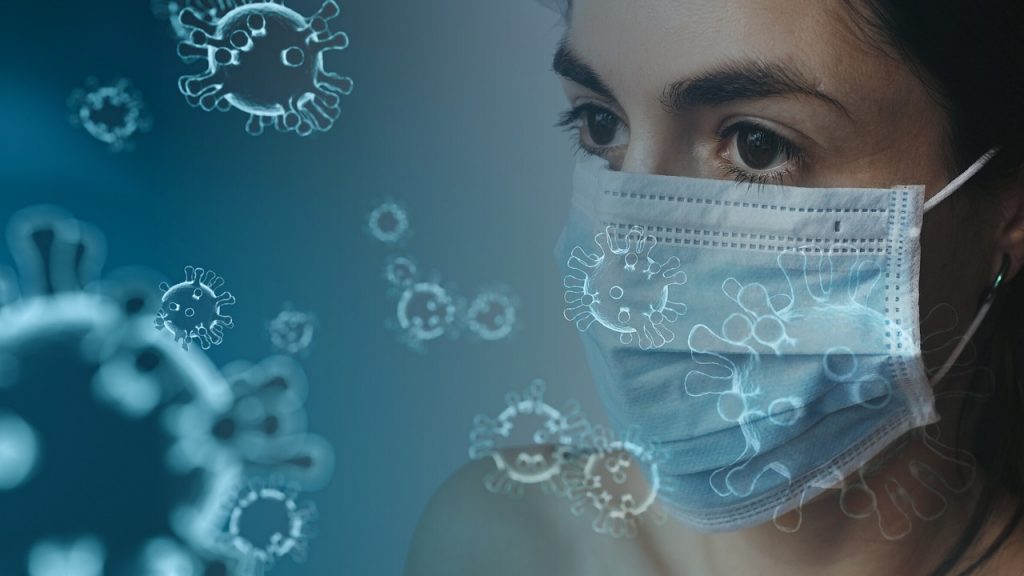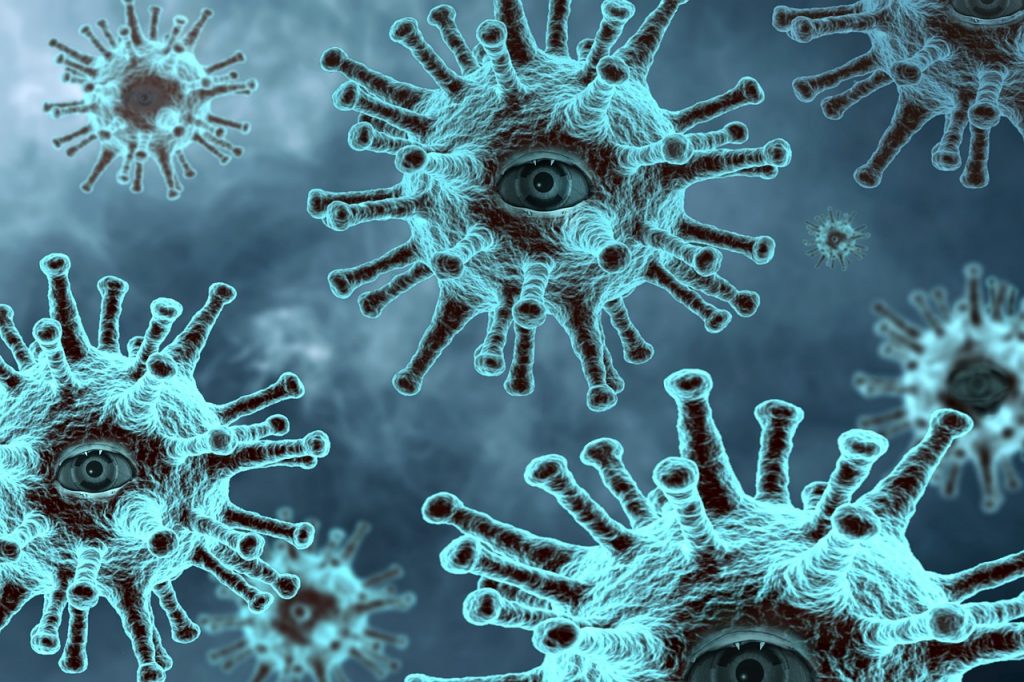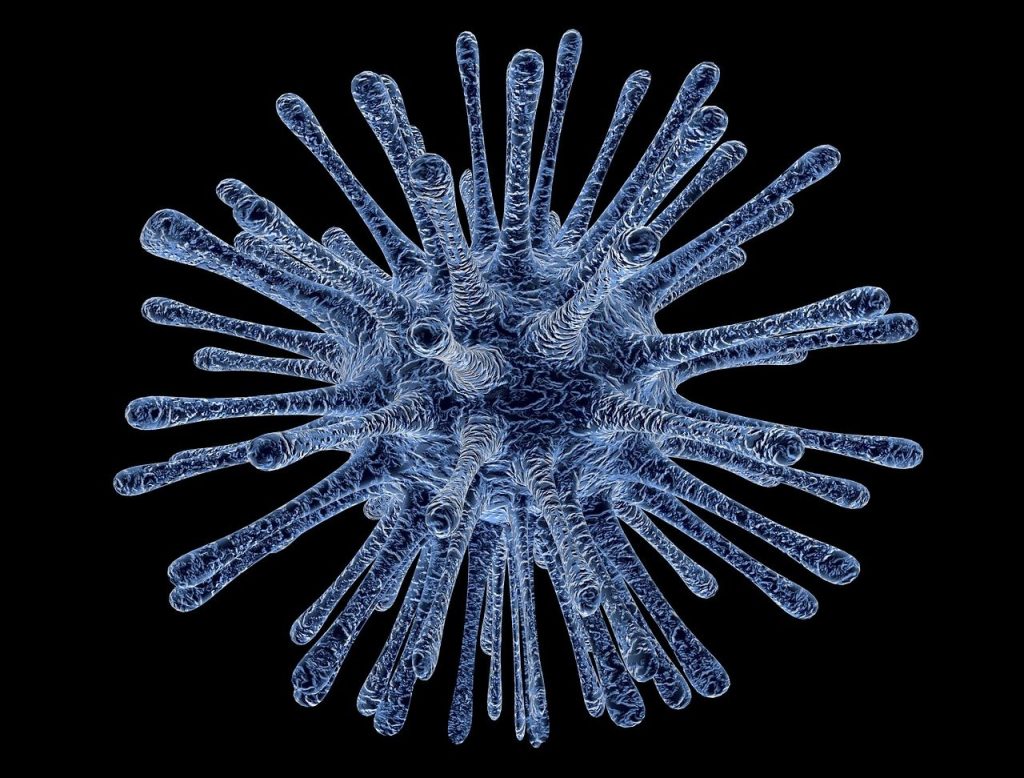

Dengue is the most prevalent mosquito-borne viral disease worldwide. Spread by mosquitoes of the Aedes genus, dengue represents a significant threat to public health. 390 million dengue infections are estimated to occur annually, of which 96 million result in symptomatic cases. A recent study showed that 5.6 billion people live in areas at risk of dengue and other arboviral infections.
Infection with any of the four dengue virus (DENV) serotypes—DENV-1, DENV-2, DENV-3, and DENV-4—can lead to a range of clinical manifestations, from asymptomatic infections to more severe forms of the disease (severe dengue, SD), the latter contributing to significant mortality. Dengue is listed as one of the priority pathogens in the Emerging Infectious Diseases Priority Research Program and Equipment (PEPR MIE), a French initiative aimed at addressing emerging health crises.
French territories constitute an exceptional space for the surveillance and study of DENV, both due to its genetic diversity and the diversity of environments and populations, due to its overseas territories in tropical regions and the increasing presence of the virus in metropolitan France since 2004.
Building on this context, LSDengue and ARBOGEN projects have been launched to establish a robust framework for the preparedness and response to emerging viruses, with a particular focus on dengue, across the French Overseas Territories.

LSDengue – Looking into Severe Dengue, is coordinated by Professor André Cabié at the University Hospital of Martinique (CHU Martinique). This project is focused on identifying new determinants of severe dengue (SD) to improve patient care. It involves the collection and analysis of clinical, genetic, virological, and immunological data from dengue cases with diverse genetic backgrounds, spanning a wide geographical range of DENV circulation. LSDengue will establish the first inter-territorial network for sample and data sharing, connecting most of the French Overseas Territories.
ARBOGEN – Advancing research on severe dengue through large-scale ARBOvirus GENomic tracking, is coordinated by Dr Raphaëlle Kilitting at the Emerging Virus Unit in Marseille. ARBOGEN aims to study the virus genetic determinants of dengue severity on an unprecedented scale, by generating thousands of high-quality DENV genomes.The project will investigate how mutations in DENV genome impact disease pathogenesis and disease control methods.
The geographical distribution of French medical and scientific teams associated to LSDengue and ARBOGEN projects in French Polynesia, Guadeloupe, Guyana, Marseille, Martinique, Montpellier, New Caledonia, La Réunion and Paris is a real opportunity to deal with dengue. These complementary projects will lay a solid foundation for the preparedness and control of emerging viruses, particularly arboviruses, across all French territories.
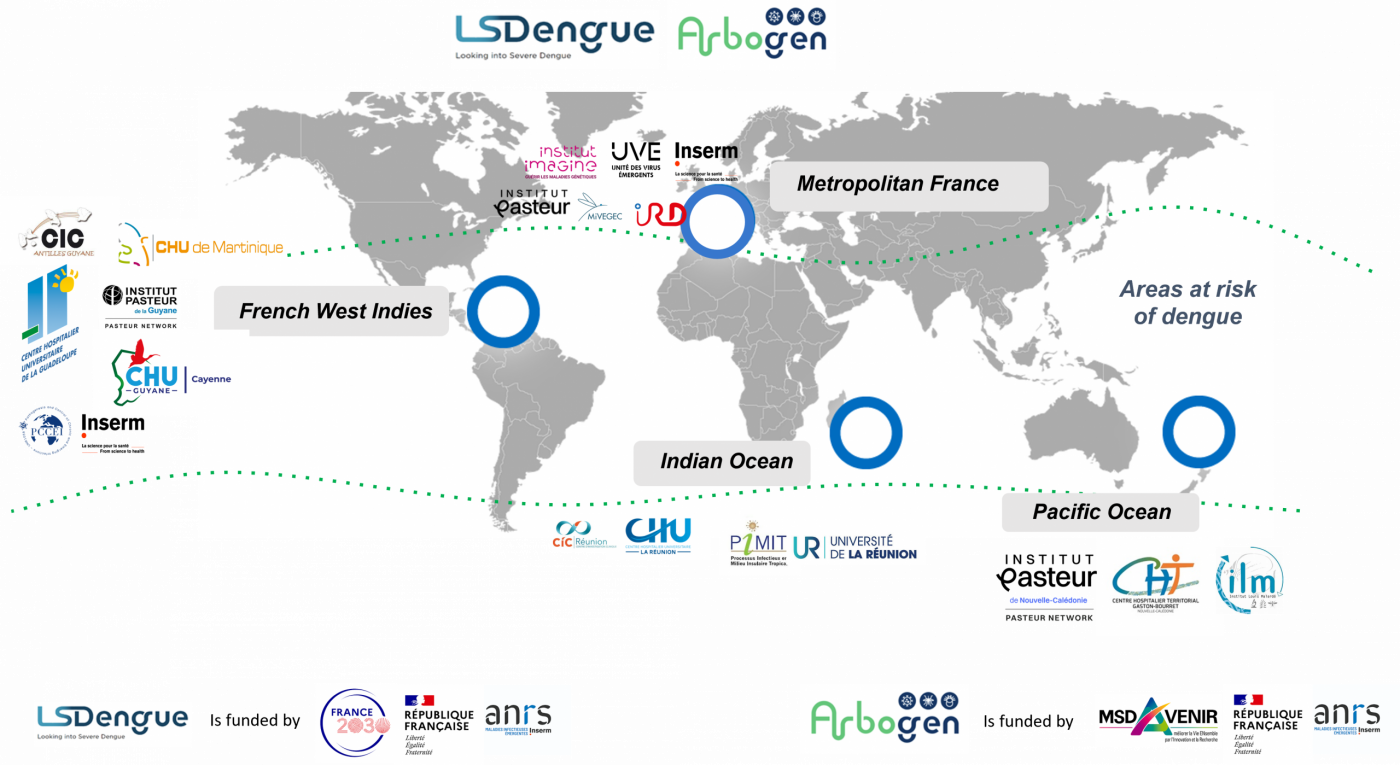
............................................................
..............................................
...................................................
...........................................
.....................................................
...........................................
